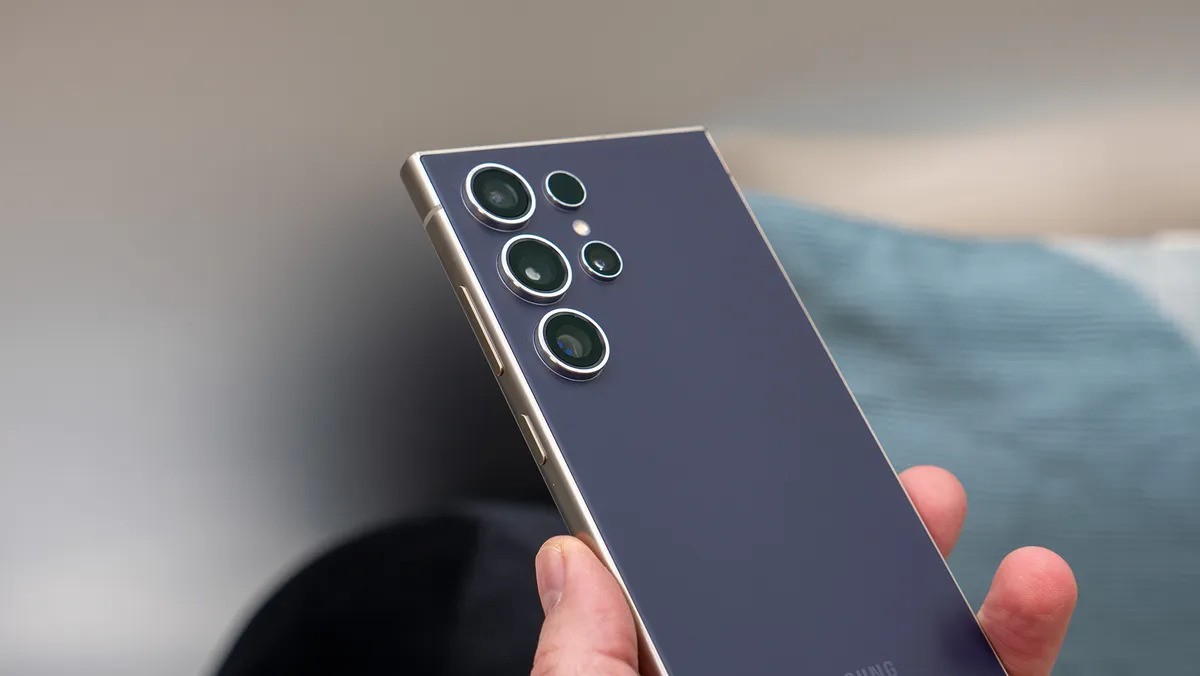
Welcome to Ask Jerry, where we talk about any and all the questions you might have about the smart things in your life. I'm Jerry, and I have spent the better part of my life working with tech. I have a background in engineering and R&D and have been covering Android and Google for the past 15 years.

Ask Jerry is a column where we answer your burning Android/tech questions with the help of long-time Android Central editor Jerry Hildenbrand.
I'm also really good at researching data about everything — that's a big part of our job here at Android Central — and I love to help people (another big part of our job!). If you have questions about your tech, I'd love to talk about them.
Email me at askjerryac@gmail.com, and I'll try to get things sorted out. You can remain anonymous if you like, and we promise we're not sharing anything we don't cover here.
I look forward to hearing from you!
Do cell phones cause cancer?

Anonymous asks:
Does using a cell phone increase the chance of cancer?
Thanks
Oh boy, it's that time again. This question comes up every once in a while after some paper or publication questions the link between phone use and cancer rates. I've seen a recent one implying that a particular brand of phone is more dangerous because it emits radiation and ignores it. You should, too, because there are a few glaring errors, like incorrectly listing what doctors and governing bodies call a safe amount. But it is a valid question and worth discussing once one bogus claim is tossed aside.
Because I always front-load the basic answer, I'll defer to the FCC, which states:
"According to the FDA and the World Health Organization (WHO), among other organizations, to date, there is no consistent or credible scientific evidence of health problems caused by the exposure to radio frequency energy emitted by cell phones."
As usual, though, the simple answer doesn't say it all. Nobody is saying there is no definite link between using a phone and cancer because it's impossible to know. What people at the CDC or WHO do know is that studies show the number of people who develop an illness has no evidence that phone use caused it.
Cell phones communicate with other devices, like cell towers or Wi-Fi routers, using RF (Radio Frequency) waves. The frequency of these waves is about the same as over-the-air broadcast television or the low setting of a microwave oven. They're also non-ionizing, which is really important in this discussion.
Non-ionizing radiation is everywhere at a much greater frequency than your phone emits because visible light is everywhere. If you have enough light to see or there is enough light to feel the heat, you're awash in non-ionizing radiation.
This type of radiation does not emit enough energy to damage human DNA and cause cancer like higher-frequency UV rays or X-rays can. At an extreme level, RF waves can heat human tissue, but your phone is incapable of producing this much energy.

These are things science knows. Indisputable facts if you will. Using this knowledge we can say that using a phone is no more dangerous than being in the path of a television signal or being inside under a bright lamp. It's far less dangerous than being outside in the sun with no UV protection, which is a known cause of cancer.
The good news is that concern for our safety doesn't stop there. The amount of RF emission from a phone is tested and regulated before you can buy one.
Cell phone RF is measured as SAR, which stands for the Specific Absorption Rate, which is the amount of radiation absorbed by the body. Your phone gives off radiation that your body will absorb, and phone makers have to limit the amount to meet standards.
Different countries and governing bodies have different regulations, but in the U.S., the FCC lists the maximum limit of SAR as 1.6 watts per kilogram of body weight. A phone can't emit more than this amount under any conditions.
As the FCC notes, these tests can be misleading. A phone's listed SAR value is when the phone is operating for an extended period under its highest possible power. Your phone will never work this hard. A better, more accurate SAR value would be based on variables that can't be tested, so the FCC goes with the worst-case scenario.
For practical purposes, this means a phone with a lower listed maximum SAR rating could perform worse than one with a higher listing in your hand under certain conditions. Remember this when you look at lists saying which phones are "safest" based on SAR ratings.
This is what science knows and has tested, but there is still more work to be done. Cell phone usage is a relatively new phenomenon. We don't have hundreds of years of historical data to compare, so we need to keep looking. Currently, nobody can find an actual link between phone use and cancer—but that doesn't mean nobody ever will.
If you want to be safe, nobody will fault you. Use the speakerphone or text instead of making a call. In the meantime, know that almost everything you see linking illness and phone use doesn't jibe with what the experts and scientists who study it every day have to say on the matter.







